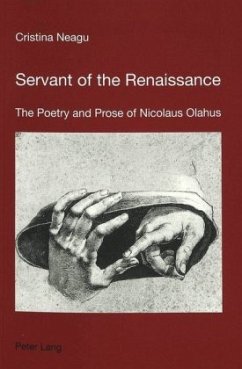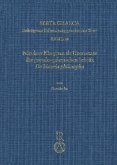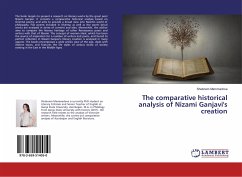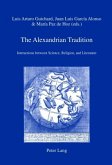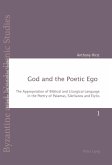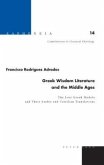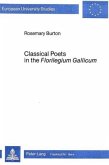This book is the first full-length study of the poetry and prose of Nicolaus Olahus (1493-1568), a central figure of Northern humanism. He was also a much-admired diplomat and man of the church at the courts of Queen Mary of Hungary and King Ferdinand. Although Olahus's life and work are relatively well documented, a significant part of his writings - including his poetry - has not been subject to any previous critical study. The texts Olahus composed suggest a special approach to language. He wrote as a rhetorician, not just in the sense that he composed in an elegant style, but also to persuade, delight, move and impel to action. This volume discusses a Transylvanian author whose biography, beliefs and work reveal important links with Erasmus and the humanism associated with the Collegium Trilingue in Louvain. It offers new insights into how Renaissance values were assimilated in Central Europe and combines an examination of the main features characterizing Olahus's literary style with the presentation of an annotated text of his poetry. As a result, Olahus re-emerges as a major humanist and Counter-Reformation writer, alongside his better-known predecessor Janus Pannonius, and his renowned protégé Joannes Sambucus.
"...der Band [hat] viele Novitäten aufzuweisen und ist sehr wertvoll. Er entdeckt Oláhs geistige Umgebung in den Niederlanden, konfrontiert die Gedichte mit der zeitgenössischen Auffassung von Rhetorik und Poetik, und untersucht sie nach ihrer Gattung und nach den dichterischen Mitteln. Vor allem aber hat er eine kritische Ausgabe eigens für die Gedichte geliefert und diese Kunstwerke für die literarische Öffentlichkeit wieder wachgerufen." (András Szabó, Wolfenbüttler Renaissance-Mitteilungen)
"This well-researched and methodologically sound study broadens our knowledge of the North European Renaissance." (Piotr Urbanski, Renaissance Quarterly)
"This [book] will be of interest to specialists on the place of rhetoric in Renaissance literature. It adds to the history of poetry in Hungary and the Low Countries. This is meticulous scholarship." (Bibliothèque d'Humanisme et Renaissance)
"This well-researched and methodologically sound study broadens our knowledge of the North European Renaissance." (Piotr Urbanski, Renaissance Quarterly)
"This [book] will be of interest to specialists on the place of rhetoric in Renaissance literature. It adds to the history of poetry in Hungary and the Low Countries. This is meticulous scholarship." (Bibliothèque d'Humanisme et Renaissance)
